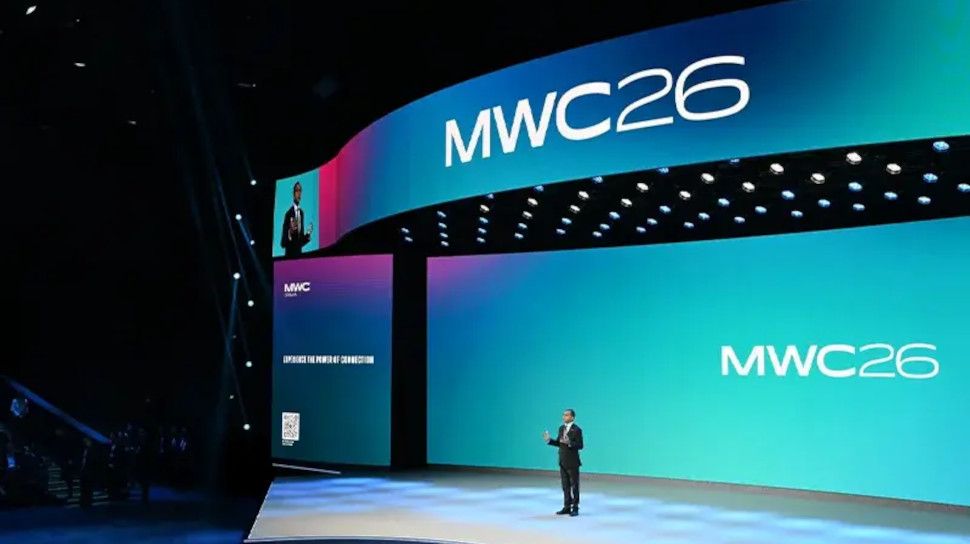
A few weeks ago, Belgium’s Gambling Committee decided to tackle an extremely controversial gaming question. Which is – are loot boxes considered gambling? According to the Gambling Committee, the answer is yes. If you’re not a gamer, you might not know what a loot box is. Loot boxes are, in short, a virtual box with random contents that you purchase through video games with real money. They contain everything from virtual cosmetic items to power-ups to gear that can dramatically alter your chances of winning the game. Rarer items, of course, show up in loot boxes far less often. The rush of buying them and rolling the dice on their contents has been likened to the psychological sensation one feels when gambling. That gets even more unsettling when you consider how many underage people play these games, and how much they spend.
This is an extremely divisive issue. Not only that, but it’s making some people extremely mad. There are billions of dollars on the line here. More and more legislators and regulators are thinking about this from a gambling perspective. Hawaiian state representative Mike Lee recently held a press conference where he characterized loot boxes as “predatory gaming,” and is working on legislation to ban minors from buying them. In a Reddit post, he added: “these kinds of loot boxes and microtransactions are explicitly designed to prey upon and exploit human psychology in the same way casino games are so designed.” Human exploitation? Really? I wouldn’t say that I disagree, but I think that’s a pretty bold statement, don’t you?

A regulator in Australia agreed that loot boxes do constitute gambling. For years, microtransactions have become more and more prominent in gaming as a way to supplement income for developers. Which isn’t necessarily a bad way to go. It lets people (like me) play these games for free, while more hardcore fans can pay what they want in order to play. Honestly, it’s a good system, but there are some people who can’t handle it. It’s not like days of old when you bought a game for $65 and then you could play that game until you got tired of it. There’s no real “thrill” except playing the game, really. But the gaming industry has changed over the years.
There are two sides to this idea of gambling. Very different sides – I might add. The biggest advocates in favor of loot boxes are the developers. I mean, this is how they make money. In some cases, these are smaller companies who just want people to play their game. It’s a labor of love if you will. But now their methods are being questioned as they need to make money. On the other hand, you have kids playing these “games” (inside the game) in order to see what they can win. Over and over again. Just dropping money into the system. Not only that but when you’re paying for something online, it’s really hard to see how much money you’re spending.

Loot boxes have brought the video game industry to a crossroads, and the path taken now will shape the future of the industry in profound ways. It could take months or years before a final ruling is settled in any jurisdiction, and even then, a global patchwork of differing laws and rulings will need to be reckoned with. But the implications are clear. The law has always lagged behind technology, but sooner or later it’s going to catch up, and tech companies that are used to doing as they please will suddenly have to figure out what life after regulation looks like.



